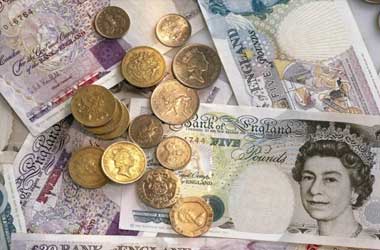 The British budget deficit went down in November due to robust income from tax revenues. The trend has kept British finance minister Philip Hammond on track to meet his new fiscal targets.
The British budget deficit went down in November due to robust income from tax revenues. The trend has kept British finance minister Philip Hammond on track to meet his new fiscal targets.
The Office of National Statistics reports that public sector net borrowing, excluding state-owned banks, had fallen to £8.7 billion in November, which is down £200 million from the November 2016. Economists had forecasted that net borrowing would be at a slightly higher amount of £8.9 million.
Since the fiscal starting April 1, 2017, borrowing has totaled £48.1 billion which is 6.1 percent lower than it was during the same period in 2016.
These numbers are also the lowest since the country went through the global recession of 2007.
While the numbers are uplifting, the Office of Budget Responsibility (OBR) expects things to get a lot darker during the coming months, especially after Brexit is completed. The OBR had downgraded its growth forecasts and had expects about £30 billion in extra borrowing over the next four years. OBR also forecasts that borrowing will rise 9 percent over the next year and will contribute to 2.4 percent of gross domestic product.
This is the first time that an increase has been expected since 2008 in where financial crisis pushed borrowing to almost 10 percent of annual economic output. Ruth Gregory of Capital Economics states that the British should not get too carried away with the numbers.
In a statement, Gregory said
While a continuation of the current trend would see borrowing undershoot the OBR’s forecast by £7bn, some deterioration in the public finances should occur towards the end of the fiscal year. In particular, strong self-assessment tax receipts collected in January and February 2017 – due to changes in the dividend tax rate – won’t be repeated.
Financial analysts state that public finances have done rather well, despite the number of challenges that the UK has had to confront during the last 12 months. These numbers will give the Chancellor some breathing space atleast for the holidays but he will once again have to keep a close watch on his fiscal plans in 2018 to ensure that the economy does not slow down and inflation does not further increase.
Public borrowing in the United Kingdom continued to decline in November even though the Treasury department had a pessimistic outlook overall.




